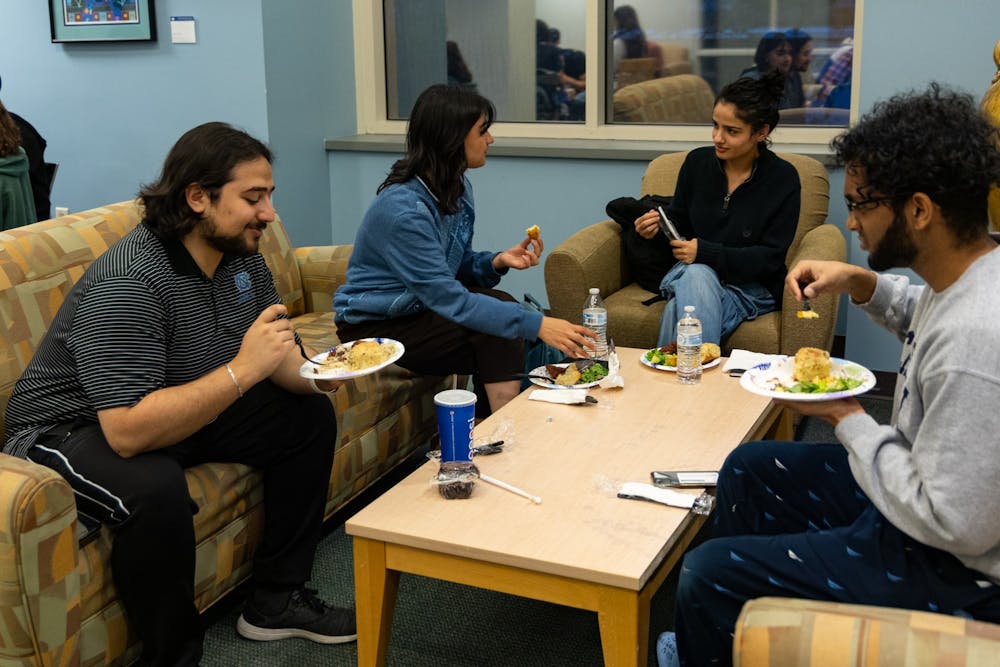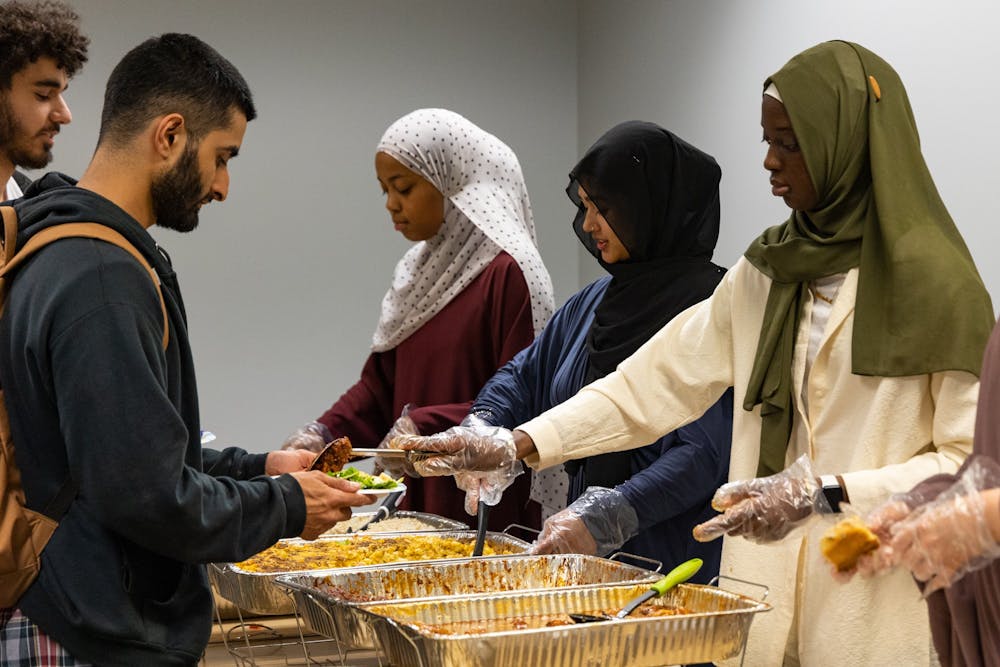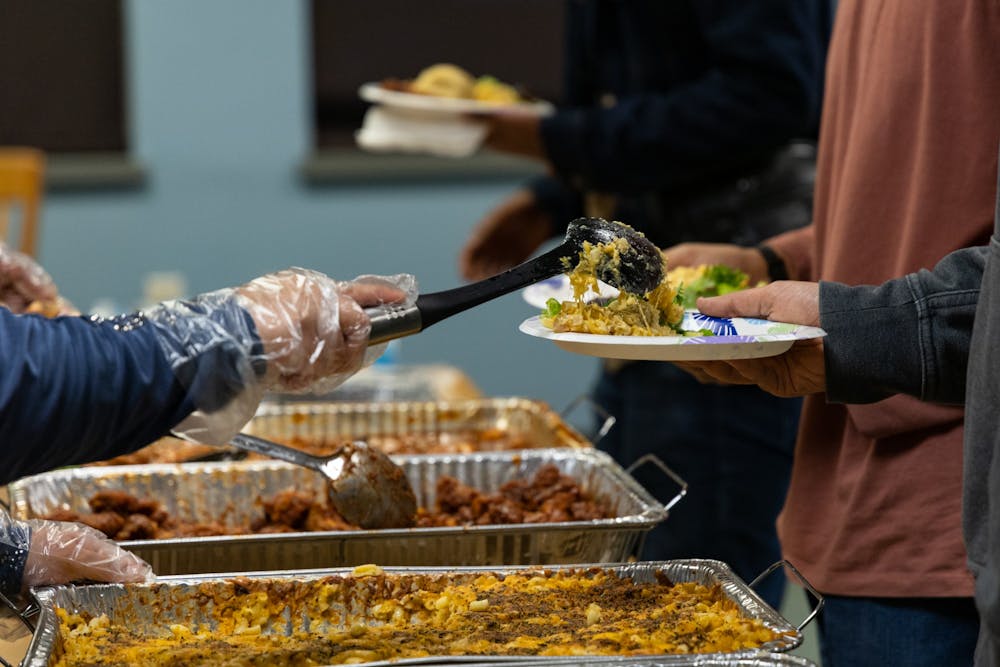This month, billions of Muslims worldwide celebrate Ramadan, which is one of the sacred months on the Islamic calendar.
During these 29 to 30 days, depending on the phase of the moon, Muslims abstain from food or drinks from sunrise to sunset. As one of the pillars of Islam, as ordained in the Holy Quran, Muslims actively seek to enrich their relationship with Allah – Arabic for "God." Meanwhile, fasting serves as a testament to Muslims’ steadfast worship and loyalty to him.
But what makes Ramadan and its hallmark practice of fasting so significant?
This holiday is more than just fasting – it is a month centered around growing spirituality. Ramadan is the month when the Holy Quran was revealed to Prophet Muhammad (peace be upon him). It’s the commemoration of being Muslim and following what Allah has instructed.
Ramadan consists of practicing self-control and patience, with the overarching goal being to be a better person who is more aware of their relationship with Allah. Think of it like a camp where the training can be challenging, but a whole community is pursuing a spiritual journey.

Fasting reminds people how blessed they are to have things that might be considered indispensable and promote empathy for impoverished people. The idea is once you take away something that one usually takes for granted, it opens the possibility for one to reflect on their purpose and attitude towards life. Also, this holiday emphasizes donating zakat, or charity, to the less fortunate. In the Islamic faith, Muslims have a duty to share their wealth with those poverty-stricken due to the belief that everything they have is because of Allah.
Prophet Muhammad (PBUH) said in a hadith, “He is not a believer whose stomach is filled while his neighbor goes hungry.” This message would echo for centuries after, as Muslims are expected to express generosity and care for one another as one of their many acts of righteousness.





